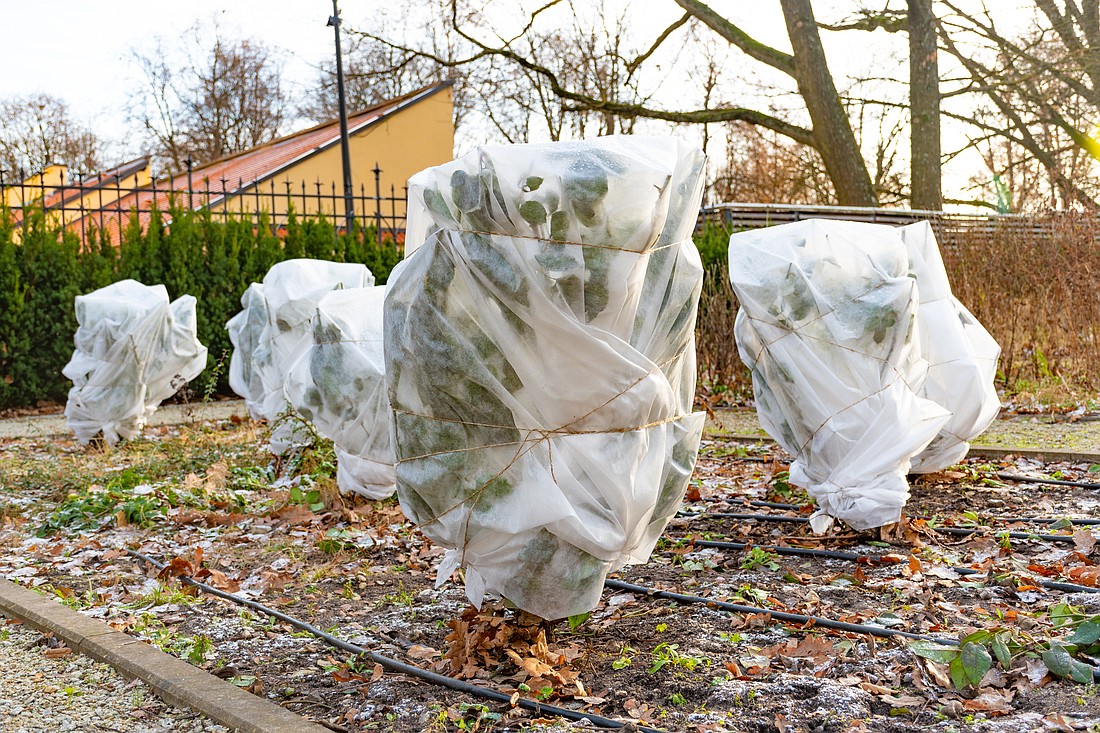- May 4, 2024
-
-
Loading

Loading

Winter in Flagler County brings milder temperatures compared to northern states, but it's still essential to protect plants that are sensitive to cooler conditions.
While the region generally enjoys a mild climate, occasional cold snaps can occur, threatening both tropical and temperate plants. This article outlines effective strategies for winter protection in Flagler County, ensuring your garden thrives throughout the season.
Understanding the cold hardiness of your plants is crucial. Different species have varying temperature tolerances, so it's important to categorize them based on their sensitivity to cold. Native plants often fare better in local conditions, while exotic or tropical species may require additional care.
Applying a layer of mulch around the base of plants helps regulate soil temperature and moisture levels. Mulch acts as an insulator, preventing rapid temperature fluctuations and protecting roots from cold stress. Use organic mulch, such as pine straw or bark, in a layer 2-3 inches deep for optimal effectiveness.
Proper hydration is vital for plants during winter. Ensure that your plants are well-hydrated before cold weather arrives. Moist soil retains heat more effectively than dry soil, helping keep roots warmer. Be cautious not to overwater, since excessively wet soil can lead to root rot.
For delicate or frost-sensitive plants, consider using frost cloth or blankets to cover them during chilly nights. This extra layer provides insulation and prevents frost from forming on plants. Be sure to remove the covers during the day to allow sunlight and air circulation.
Plants can benefit from being strategically grouped together. Placing more cold-sensitive plants closer to your home or other structures can give them extra protection from wind and cold. This microclimate effect can make a significant difference in temperature.
Potted plants are more susceptible to temperature changes than plants planted in the ground. Move containers closer to buildings or under eaves to shield them from cold winds. You can also wrap containers with insulating materials like bubble wrap to keep the soil warmer.
Trimming back your plants in late fall can help redirect energy and resources to the heart of the plant, making it more resilient during winter. However, avoid excessive pruning, as some plants may be more prone to frost damage when over-pruned.
While winter in Flagler County is generally mild, occasional cold spells can pose a threat to sensitive plants. By following these winter protection tips, you can keep your garden healthy throughout the season.
Understanding the specific needs of your plants and implementing appropriate measures will help you create a resilient and thriving landscape even in the face of colder temperatures.
For plant questions, please contact Flagler County Master Gardener Volunteers at [email protected].